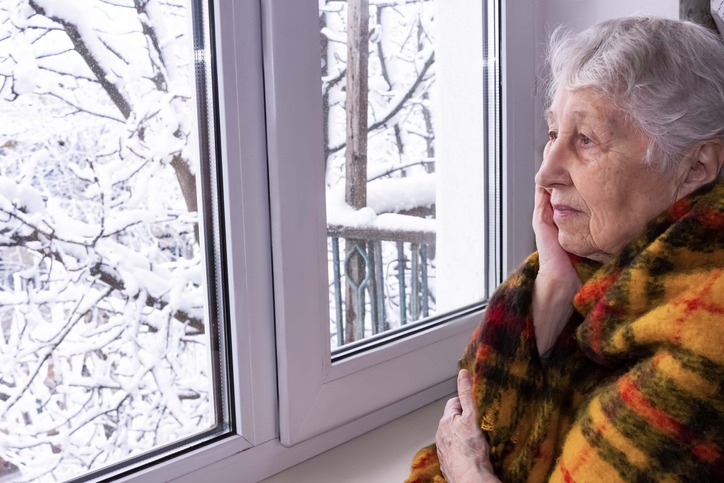Do you find that the onset of winter, with its shorter days and colder temperatures, brings on feelings of depression for you every year? It’s possible that you suffer from a condition known as Seasonal Affective Disorder, or SAD for short. If so, know that you’re not alone. During the winter months, this affects anywhere between 10 and 20 percent of American citizens.
SAD, or Seasonal Affective Disorder, is a kind of sadness that most often strikes persons who live in areas that have long, gloomy winters and are located a great distance from the equator. Symptoms of seasonal affective disorder (SAD) may be quite similar to those of depression. Some of these symptoms include feeling less sociable, less hopeful, having poor energy, losing interest in things that you normally love, experiencing changes in sleep, appetite, and libido, and experiencing increased irritability.
Two significant changes in the body are at the center of leading beliefs on SAD causes. When we are exposed to less sunshine, the body’s internal clock, or Circadian rhythm, is first affected. Second, serotonin, a neurotransmitter that affects mood, sleep, memory, and libido, decreases noticeably in those with SAD throughout the winter. When there is less sunshine, we also tend to create less vitamin D, which is essential for the body to make serotonin.
The traditional SAD therapies, which may or may not be effective for everyone, include light therapy, talk therapy, and antidepressant medicines. Many patients discover that the negative effects of the drugs are sometimes greater than the depression itself.
On the other hand, natural medicine is an excellent choice for treating the blues that come with the winter season. If you find that the winter months bring you less happiness than other times of the year, here are some preventive measures you may take to keep ahead of seasonal affective disorder (SAD):
Get outdoors daily!
Natural light, even if it is not very bright, will help your body adapt better than staying inside in artificial light. This may seem ridiculous, particularly considering how dark and cold it is outside, but natural light will help your body adjust more effectively. Get outdoors as soon as possible, preferably during the first couple of hours after sunrise for optimal outcomes.
Remain active!
This a necessary piece of advice for everyone who is feeling down. Exercising not only makes you feel happier by increasing the amounts of natural neurotransmitters that make you feel good, but it also helps you feel better overall by relieving stress and improving your physical health.
Create wintertime hobbies!
If you notice that you are losing interest in things that you generally love doing, you may want to consider picking up a mood-enhancing hobby that is also enjoyable to undertake throughout the winter months. If you take up a new hobby, such as snowshoeing, ice skating, or becoming a gourmet chef, you could discover that you have a newfound interest in one of these activities.
Toggle a switch!
According to the findings of certain studies, light treatment may help as many as half of those who suffer from the seasonal affective disorder (SAD). People like having light boxes, sometimes known as “Happy Lights,” in their homes or at their places of business because they provide an additional source of brightness and are designed to simulate the effect of natural light. You may also try using a dawn alarm clock, which gradually brightens in the morning to simulate the sunrise and helps you wake up feeling calmer and less sleepy than traditional alarm clocks do.
Consume supplements!
There are a variety of natural therapies, such as vitamin D, fish oil, tryptophan, St. John’s wort, B vitamins, and homeopathic medications, that may be able to assist you in making it through the harsh winter months with relative ease. Before beginning anything on your own, you should first discuss with your primary care physician the possibility of taking dietary supplements that are tailored to your specific needs.
Final thoughts
If you or someone you care about is experiencing considerable discomfort or difficulty functioning in activities of daily living, such as doing well at work or maintaining healthy relationships, it may be time to seek the advice of a trained Seattle Naturopathic Medicine expert for an assessment.

